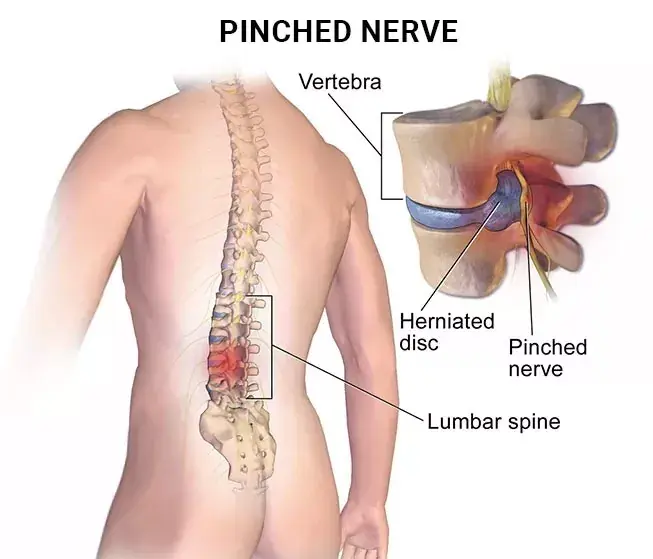Chiropractic Care and Depression
- Dr. Jill Evans

- Jul 27, 2020
- 3 min read
Talking and medication therapy have been the traditional methods of dealing with anxiety and depression. There is, however, an alternative practice that can help patients, in addition to the former two treatment options, deal with mood disorders and anxiety: chiropractic. While most people can feel sad from time to time, some may have actual mood disorders, such as depression. These affect daily life and relationships in a more severe and prolonged manner. The patient’s appetite, work at school or professionally, sleep cycle, and social activities might all be affected in varying degrees.
Chiropractic adjustments, alone or with massage, can help to maintain nervous system functioning. Chiropractic can help you feel better physically. The better you feel physically, the better you are going to be mentally. One is connected to the other. There is a mind-body connection. Whatever is going on in your mind will show up in your body. Someone who is under stress will have stress in the body. Someone who is relaxed and calm and doesn’t have all that tension and tightness in the muscle are just going to function better and be more relaxed. It is just that simple.
If you’re dealing with depression and/or anxiety, chiropractic care may help. Here are a few ways that you may not have known:

Mind-Body Approach
The goal of every chiropractor is to find the right balance between your mind and your body.
A chiropractor does this by examining all health areas, including adjustments, therapies, exercise, diet, and supplements. With chiropractic care, no stone is left unturned. Even the smallest changes, such as adding an omega-3 supplement into your diet, can have an impact on anxiety symptoms.
Body Chemistry
Your spinal health can influence every region of your body. After getting a chiropractic adjustment, your body triggers an increase in hormones like neurotensin, oxytocin, and cortisol. Each of those hormones will play a different role in reducing symptoms of depression and anxiety. Neurotensin will neutralize stress-induced pain. Oxytocin boosts neuro-communication and feelings of social bonding. Cortisol blocks the pain from inflammation. A spinal adjustment can have an extremely positive impact after these hormones are triggered throughout your body.

Better Sleep and Relaxation
Not getting the appropriate amount of sleep only exacerbates mental symptoms of anxiety and stress. With chiropractic care, sleeping is made easier as studies have shown it can improve healthy sleep patterns. Studies that measure electrical activity in muscles found that after a chiropractic adjustment, muscle activity was reduced by 25%. This is great evidence of relaxation during a chiropractic session. This kind of relaxation can really help patients suffering from stress and tension as a result of anxiety and/or depression.
We love scientific proof and following cases. In this study, a 44-year-old school teacher who experienced long-term relief from tension-type headache (TTH) and major depression following chiropractic treatment.
People who suffer from depression that are considering trying chiropractic should also consult their primary care physician and therapist if they have one. When approaching an illness such as depression, a multidisciplinary approach can often be the most effective. Studies have shown that certain people respond better to different treatments, so adding chiropractic into the list of options will allow more people than ever to find relief from depression-related symptoms, many of which can be severely debilitating.
If you are ready to give chiropractic care a chance, call us at 828-382-8005 to schedule your appointment.






Comments